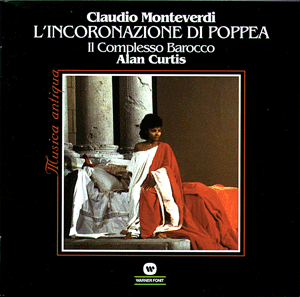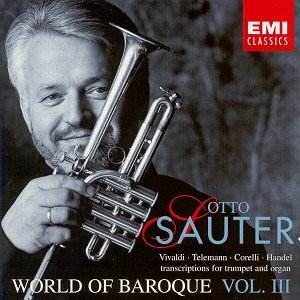 Composer: Alexander Moyzes
Composer: Alexander Moyzes
Works: Symphonies Nos. 7 and 8
Performers: Slovak Radio Symphony Orchestra, Ladislav Slovák
Recording: Recorded 2-8 April 1990, 2-4 December 1994, Concert Hall, Slovak Radio, Bratislava
Label: Marco Polo 8.225091
Alexander Moyzes, a pivotal figure in Slovak music, has often been overshadowed by contemporaries, yet his symphonic output reveals a profound engagement with the tumultuous socio-political currents of his time. The Seventh and Eighth Symphonies, featured in this latest Marco Polo release, serve as a compelling testament to Moyzes’s evolution as a composer, reflecting both his roots in Slovak folk traditions and the impact of historical events on his artistic voice.
The Seventh Symphony (1954-55) is characterized by a clarity of structure that belies the emotional depth of its pastoral themes. The orchestration is particularly noteworthy, with the harp and flute prominently featured in the opening movement, creating an atmospheric soundscape reminiscent of the rural Slovak landscape. This movement unfolds with a natural grace, yet beneath its serene surface lies a sense of impending tragedy, a hallmark of Moyzes’s writing. The scherzo introduces a Bartókian rhythmic energy that propels the music forward; this is where Moyzes’s understanding of folk idioms truly shines. However, it is in the Largo where the composer’s introspective side emerges most poignantly. At around 3:40, the thematic material resonates with Shostakovich-like poignancy, suggesting a deeper emotional undercurrent that contrasts with the earlier buoyancy. The finale, while picturesque, struggles with cohesion, recycling earlier motifs without achieving full synthesis, leaving a somewhat disjointed impression.
Transitioning to the Eighth Symphony, composed in 1968 amidst the turmoil of the Warsaw Pact invasion, the music reflects a stark departure from the pastoral idealism of its predecessor. Here, Moyzes harnesses a more fragmented approach, mirroring the disjointed nature of the socio-political landscape. The symphony is replete with micro-episodes, each revealing a distinct emotional shade of alienation and despair. The dissonance and jagged rhythms evoke a world in crisis, reminiscent of the darker prophecies found in the works of Malcolm Arnold. Notably, the final lento leading into allegro is charged with an unsettling tension; the violin solo at 7:20 conveys a haunting lament, capturing the essence of loss rather than solace. This stark contrast between the two symphonies illuminates Moyzes’s trajectory from idyllic beauty to an exploration of harsh realities.
The performances by the Slovak Radio Symphony Orchestra under Ladislav Slovák are commendable, characterized by an attentive ensemble sound that allows the intricacies of Moyzes’s orchestration to emerge. The recording quality is robust, with a clarity that enhances the textures of the orchestration, although certain passages could benefit from a more nuanced dynamic range to better convey the emotional weight of the Largo in the Seventh Symphony. Comparatively, earlier recordings of Moyzes’s symphonies may lack the same level of interpretive insight that Slovák brings to these works, making this release a vital addition for those seeking a deeper understanding of Moyzes’s contribution to the symphonic canon.
This recording encapsulates a significant chapter in Moyzes’s artistic evolution, illustrating his journey from the serene pastoralism of the Seventh Symphony to the anguished complexity of the Eighth. It stands as a crucial documentation of a composer grappling with the shadows of history, rendering it essential listening for anyone interested in the rich tapestry of 20th-century orchestral music.



